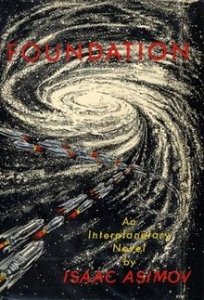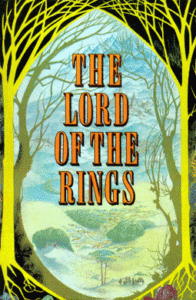I asked ChatGPT to write me a blog post, and I was so impressed, I decided to share it. Enjoy!
Introduction
The world of literature is a vast and diverse realm, offering readers countless genres and subgenres to explore. Among these, speculative fiction stands out as a captivating and imaginative category that includes both science fiction and fantasy. While these two genres share common ground in the realm of the speculative, they diverge in fundamental ways that make them distinct and unique. In this blog post, we will delve into the differences between science fiction vs fantasy, all while recognizing how they both fall under the umbrella of speculative fiction.
Defining Speculative Fiction
Speculative fiction is a genre that stretches the boundaries of reality, inviting readers to ponder “what if” scenarios and explore uncharted territories. It is a genre characterized by its imaginative storytelling, often featuring elements that do not exist in the known world. The core premise of speculative fiction is to ask thought-provoking questions and examine the consequences of hypothetical situations.
 Science fiction, often abbreviated as “sci-fi,” is a subgenre of speculative fiction rooted in scientific principles and technology. It envisions a future where scientific advancements have led to profound changes in society, exploring the potential consequences of these developments. Some key characteristics of science fiction include:
Science fiction, often abbreviated as “sci-fi,” is a subgenre of speculative fiction rooted in scientific principles and technology. It envisions a future where scientific advancements have led to profound changes in society, exploring the potential consequences of these developments. Some key characteristics of science fiction include:
 Fantasy, on the other hand, transports readers to fantastical worlds filled with magic, mythical creatures, and supernatural phenomena. It embraces the extraordinary, often departing from the constraints of scientific plausibility. Key characteristics of fantasy include:
Fantasy, on the other hand, transports readers to fantastical worlds filled with magic, mythical creatures, and supernatural phenomena. It embraces the extraordinary, often departing from the constraints of scientific plausibility. Key characteristics of fantasy include:
Speculative Fiction’s Common Thread
While science fiction and fantasy have distinct characteristics, they share a common thread within the realm of speculative fiction:
Conclusion: Science Fiction vs Fantasy
In the vast landscape of literature, science fiction and fantasy stand as two pillars of speculative fiction, each offering a unique lens through which to view the world. While science fiction immerses us in the realm of future technologies and scientific possibilities, fantasy invites us to step into magical, mythical realms where anything is possible. Together, these genres exemplify the power of human imagination and our unending curiosity about the unknown, making speculative fiction a genre that continues to captivate and inspire readers worldwide. Whether you find yourself aboard a spaceship hurtling through the cosmos or on a quest through a mystical forest, the world of speculative fiction is always ready to transport you to new and exciting places.
 Ann Marie Thomas is not the author of this blog post, but is the author of five medieval history books, a surprisingly cheerful poetry collection about her 2010 stroke, and the science fiction series Flight of the Kestrel, Intruders, Alien Secrets & Crisis of Conscience are out now Follow her at http://eepurl.com/bbOsyz
Ann Marie Thomas is not the author of this blog post, but is the author of five medieval history books, a surprisingly cheerful poetry collection about her 2010 stroke, and the science fiction series Flight of the Kestrel, Intruders, Alien Secrets & Crisis of Conscience are out now Follow her at http://eepurl.com/bbOsyz